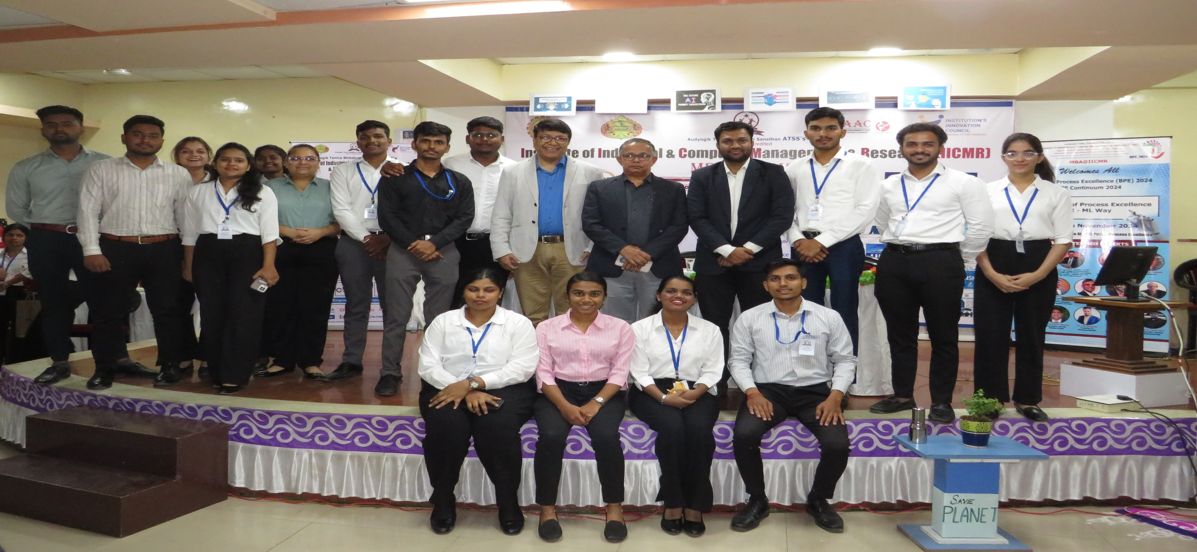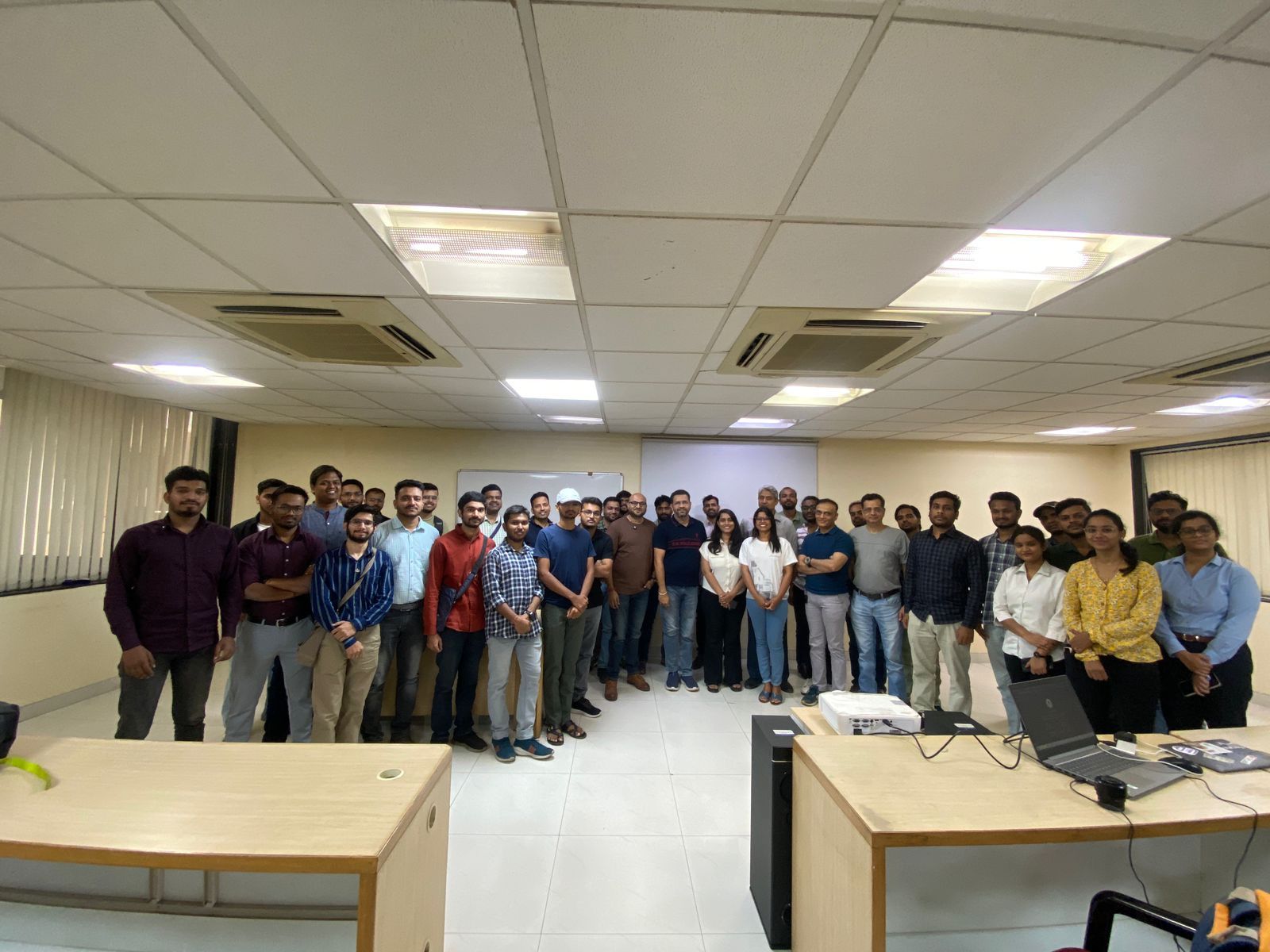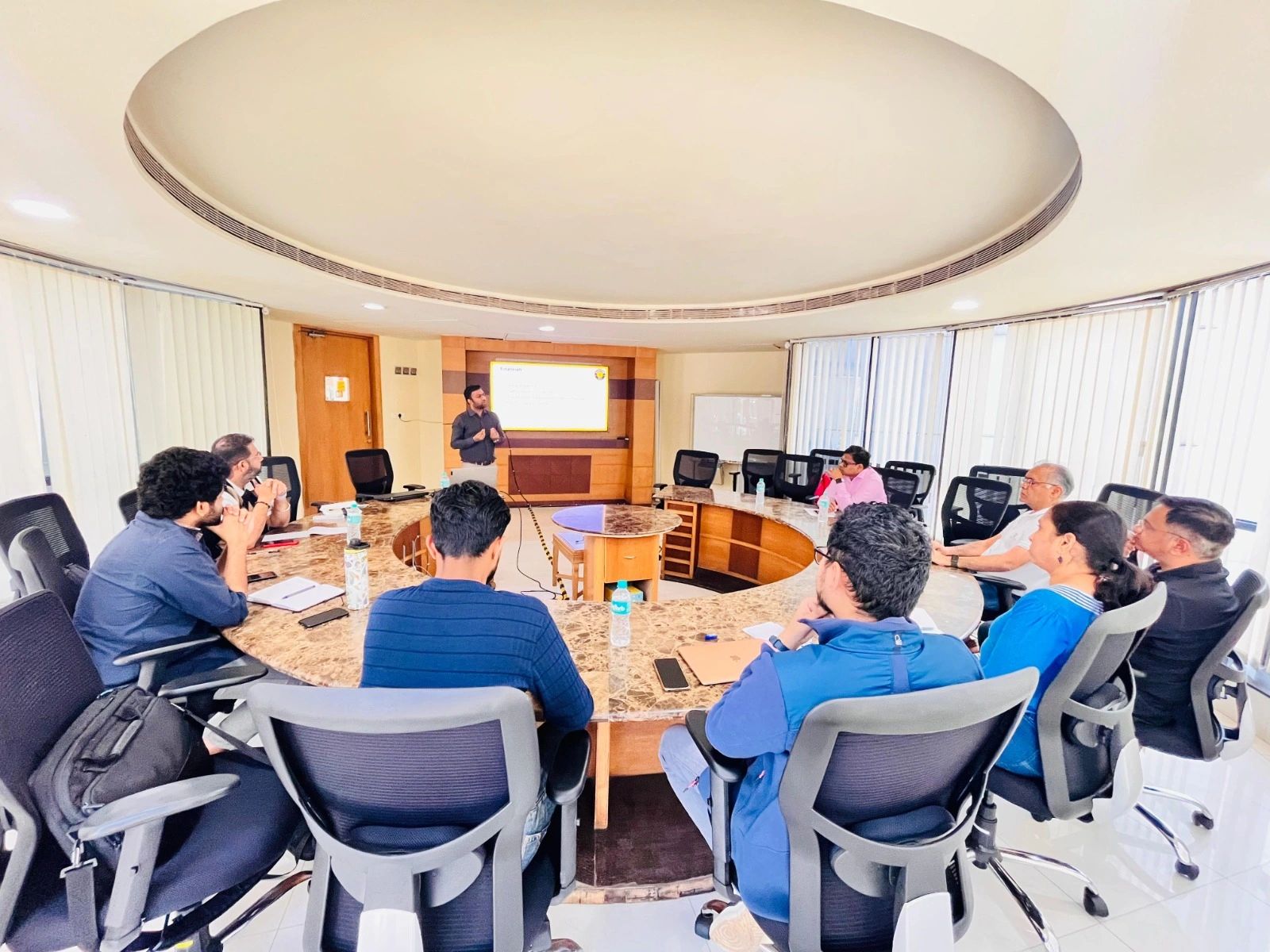Payroll
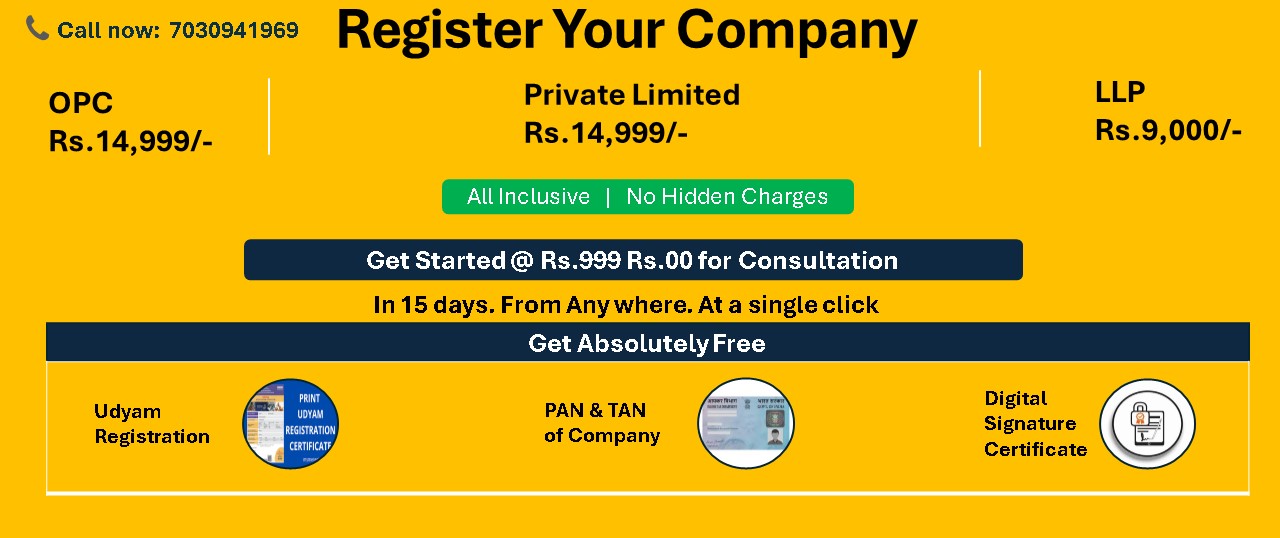
Contact Us
Payroll Management: Streamlining Your Workforce! 💼
Payroll Management is a critical function for any business, ensuring that employees are compensated accurately and on time. It involves the administration of employee salaries, bonuses, deductions, and compliance with tax regulations.
At Startup2MSME, we simplify payroll management, allowing you to focus on what really matters—growing your business! 🚀
Contact us today to enhance your payroll management experience! 🌟
What is Payroll Management? 📋
Payroll Management refers to the process of calculating, distributing, and managing employee payments and related tasks. It includes maintaining records of attendance, overtime, bonuses, deductions, and ensuring compliance with tax laws.
Key Components of Payroll Management 🗝️
1. Attendance Tracking: Monitoring employee attendance to ensure accurate salary calculations.
2. Salary Structure: Defining salary components, including basic pay, allowances, bonuses, and deductions.
3. Tax Compliance: Ensuring adherence to local, state, and federal tax regulations.
4. Deductions Management: Handling deductions for taxes, social security, and other benefits.
5. Pay Slip Generation: Providing detailed payslips to employees for transparency.
Importance of Efficient Payroll Management 🌈
• Timely Payments: Ensures employees receive their salaries on time, boosting morale and productivity.
• Legal Compliance: Helps businesses comply with labor laws, tax regulations, and avoid penalties.
• Data Accuracy: Minimizes errors in salary calculations and record-keeping, ensuring accurate payments.
• Employee Satisfaction: Transparent payroll processes enhance trust and job satisfaction among employees.
Common Payroll Management Challenges 🚧
• Calculating Deductions: Accurately computing various deductions can be complex.
• Staying Updated with Regulations: Keeping up with changes in tax laws and labor regulations.
• Handling Overtime and Leave: Managing varying attendance records and employee leaves can be tricky.
• Data Security: Ensuring sensitive employee information is secure and protected.
Benefits of Using Payroll Management Software 💻
• Automation: Automates repetitive tasks, reducing errors and saving time.
• Easy Access: Employees can access their payroll information online, improving transparency.
• Compliance: Helps ensure compliance with ever-changing labor laws and regulations.
• Reporting: Provides valuable insights through payroll reports and analytics.
How Can Startup2MSME Help You? 🤝
At Startup2MSME, we offer comprehensive payroll management solutions that cater to your business needs:
• Expert Guidance: Our team provides expert advice to ensure compliance and efficiency in payroll processes.
• Customized Solutions: We tailor our services to meet the specific requirements of your business.
• Streamlined Processes: Our solutions simplify payroll management, allowing for quick and accurate processing.
• Ongoing Support: We provide continuous support to help you manage payroll changes and challenges effectively.
With Startup2MSME, you can trust that your payroll management is in good hands, allowing you to concentrate on scaling your business.
Contact us today to revolutionize your payroll management! 📞

Our Clients
Services
FAQ
1. What does Payroll encompass?
Payroll activities involve tracking attendance for a specific month to accurately calculate employee pay, recording details of newly hired employees as well as those who have left, defining the salary structures for new employees, and gathering their bank account information. It also includes managing any advances or bonuses that need to be disbursed and making adjustments to salary structures as required.
2. Is payroll managed by HR or Accounting?
Payroll functions are integrated within both the Human Resources and Finance departments.
3. Who is responsible for preparing Payroll?
The Human Resources department is typically responsible for preparing payroll, as they maintain attendance and overtime records. The Finance department handles the actual payment processing, which must then be approved by the agency's head or a designated representative.
4. What is a payroll management system?
A payroll management system is a software application designed to automate and optimize the management of employee payroll and related functions. This includes calculating salaries, taxes, and deductions; overseeing employee attendance and leave; generating pay slips; and ensuring compliance with tax regulations.
5. What are the advantages of using payroll management software?
Utilizing payroll management software can automate payroll processes, minimize the likelihood of errors, and save valuable time. It also allows both employees and management easy access to payroll information, enhances compliance with labor laws, and supports direct deposit of employee salaries
6. Why does my business need a payroll management system?
Implementing a payroll management system can automate tedious tasks, decrease the chances of payroll errors, enhance compliance with tax regulations, boost employee satisfaction by providing easy access to payroll information, and allow your business to adapt to evolving needs.
7. What features should be considered in a payroll management system?
When selecting a payroll management system, it’s important to look for features such as automated payroll processing, tax compliance, direct deposit options, attendance management, employee self-service portals, mobile accessibility, and robust reporting and analytics. These capabilities can help ensure efficient, accurate, and secure payroll management, while also giving employees easy access to their payroll details.
8. What is the cost of a payroll management system?
The price of a payroll management system can vary significantly based on factors such as the size of your business, required features, and the total number of employees.
9. How frequently should Payroll be processed?
The frequency of payroll processing can differ by company, often determined by aspects like the size of the payroll, industry standards, and labor laws. Common processing schedules include bi-weekly, semi-monthly, and monthly.
10. What are some typical challenges in payroll management?
Common challenges faced in payroll management include::
• Ensuring accurate payroll calculations.
• Keeping up with evolving labor laws and regulations.
• Effectively managing employee attendance and leave.
Contact
KP SQUARE, 8th Floor, office no -: 806, 41/3, Telco Rd, Indira Nagar, Mohan Nagar, MIDC, Chinchwad, Pimpri-Chinchwad, Maharashtra 411019
Email Us







 Pvt Ltd Incorporation
Pvt Ltd Incorporation
 LLP Incorporation
LLP Incorporation
 Trademark Registration
Trademark Registration
 Udyam Registration
Udyam Registration
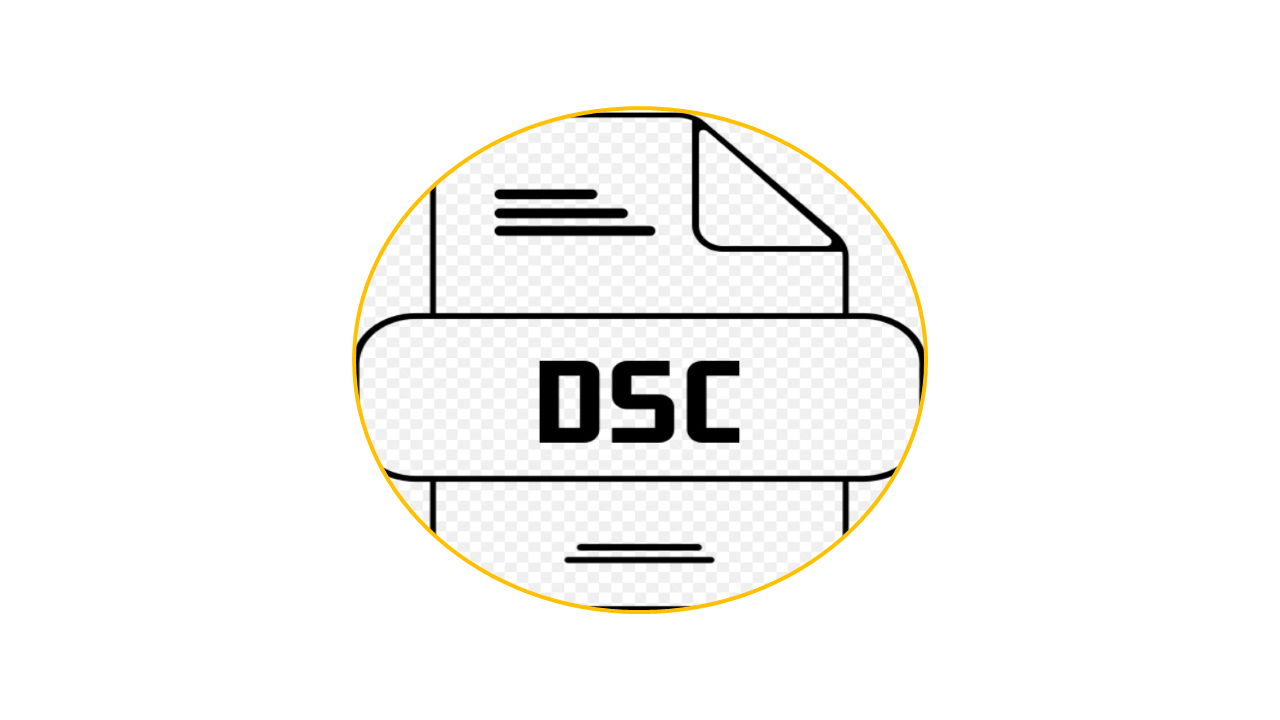 DSC-Digital Signature Certificate
DSC-Digital Signature Certificate
 Startup India Registration
Startup India Registration
 GST Registration
GST Registration
 Preparation of MIS
Preparation of MIS
 ESI Registration
ESI Registration



